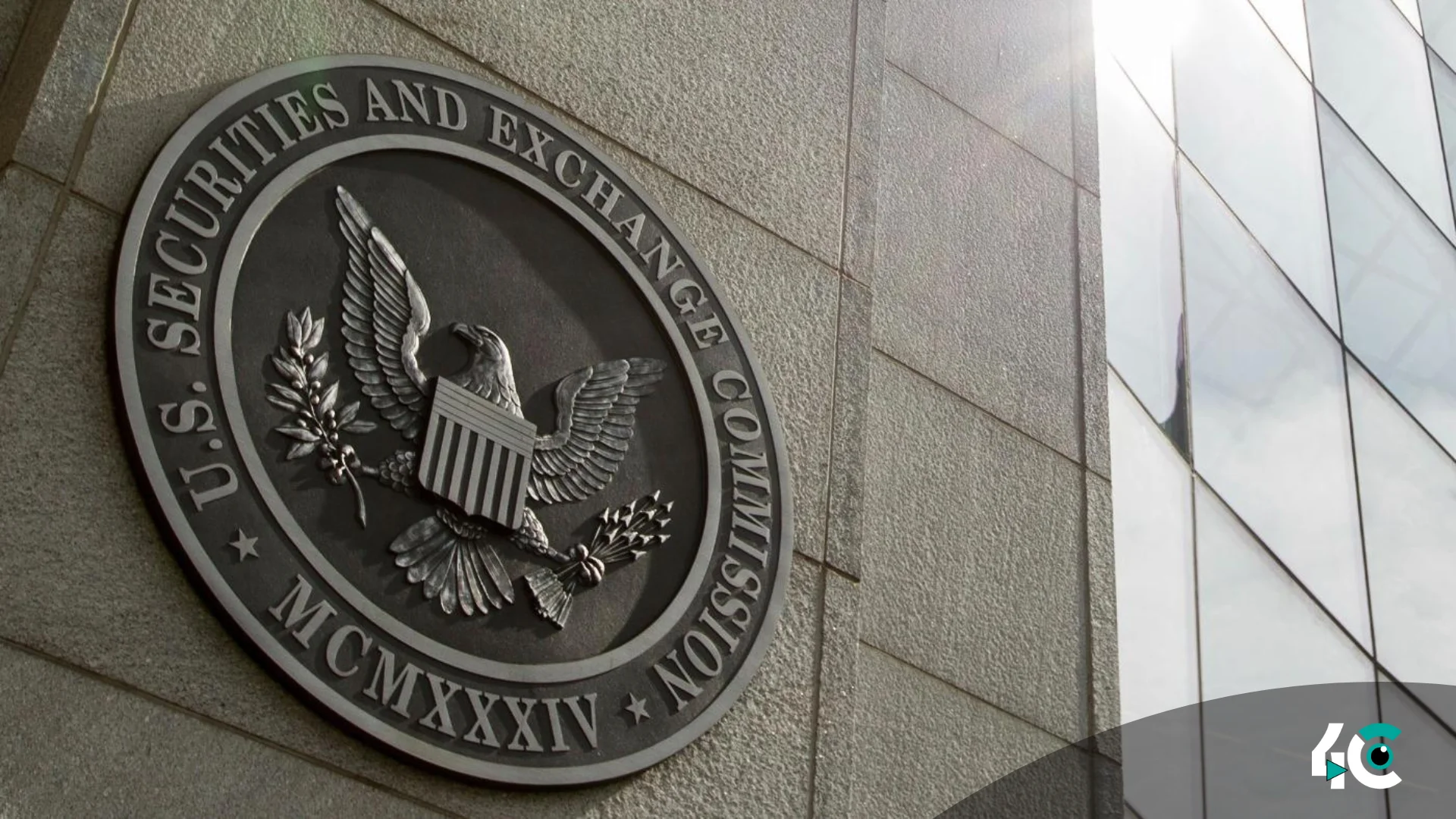In a big court case, the U.S. Securities and Exchange Commission beat Rivetz Corp. and its CEO, Steven Sprague, over an initial coin offering (ICO) that raised $18 million in 2017. An American federal court said that Rivetz and Sprague sold unregistered stocks to people in the U.S. by giving them Rivetz coins, or RvT.
The court said on September 30 that Rivetz and Spague broke securities rules by not getting the tokens registered. In September 2021, the SEC sued the company and its CEO, saying that they sold RvT tokens to more than 7,200 investors, with about a third of those buyers being from the United States.
The main facts of the case were clear, but Sprague, who fought the case alone, said that the RvT tokens were just software goods and not investment contracts. Judge Mark Mastroianni, on the other hand, said that Rivetz’s emails made it clear that the tokens’ value was linked to the company’s plans to build a mobile device security environment.
The judge pointed out that RvT tokens could be used as ERC-20 tokens, but they didn’t have any value or other uses because Rivetz hadn’t built a working environment yet. In line with the Howey test’s criteria for identifying a transaction as an investment contract, the decision emphasized the close link between the tokens’ value and Rivetz’s business activities.
The SEC and Sprague have to work together and come up with a plan for financial and legal relief by October 22.
This decision comes after the SEC partly won a case against Opporty International, finding that unregistered stocks were sold in a $6,000,000 deal.
The result of the Rivetz case shows how important it is for cryptocurrency companies to follow the rules set by regulators when they hold initial coin offerings (ICOs). As long as the SEC keeps enforcing securities laws, these cases will probably have a big impact on the future of the bitcoin market and make people more aware of the legal risks that come with raising money in this area.
































